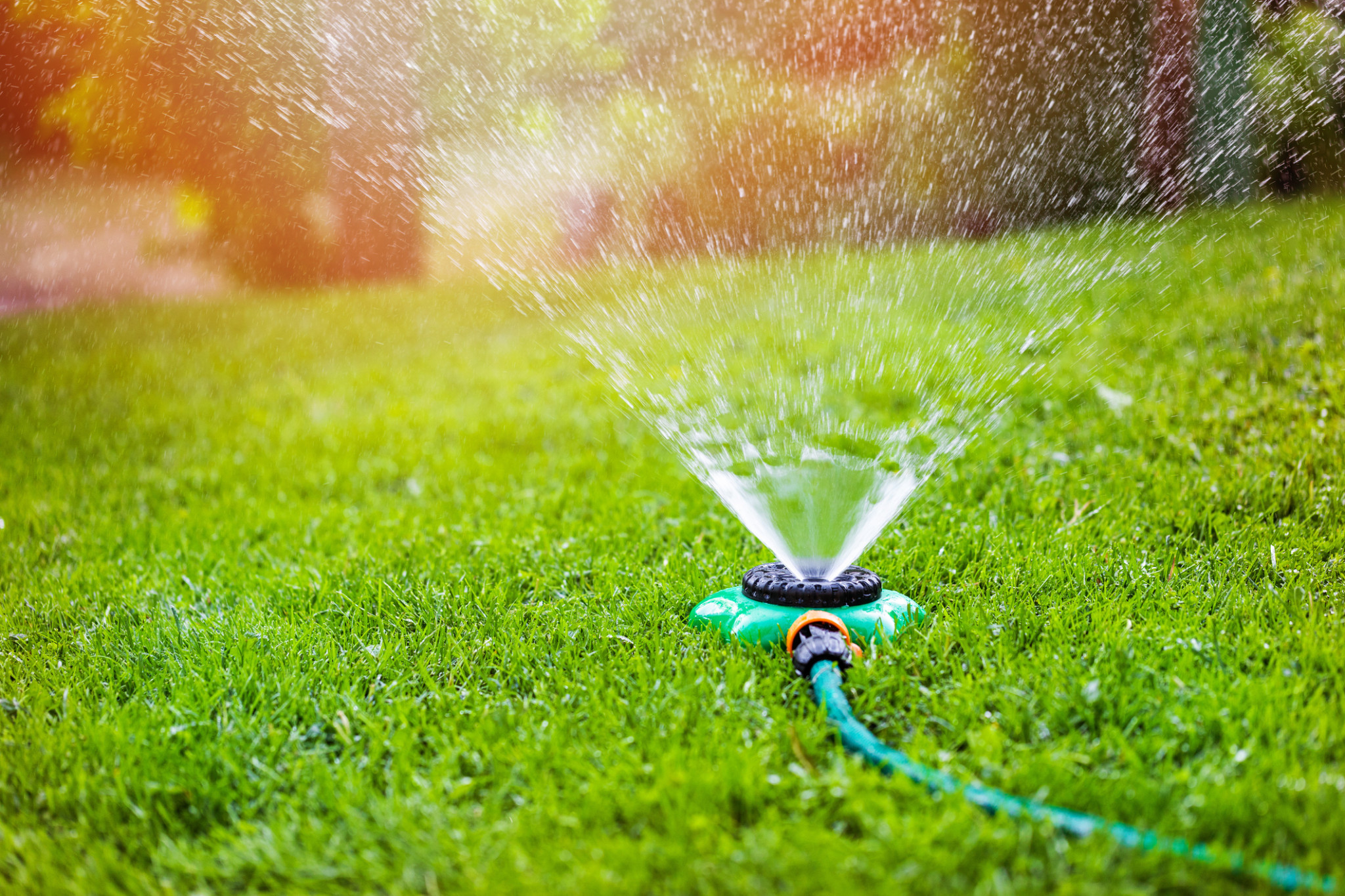General News
10 October, 2025
Water disaster looming
A PERFECT storm of significant rain across the Cairns region in coming weeks, limited storage capacity and treatment pressures has sparked a warning by the regional council to residents to minimise water usage.

It comes as the Brinsmead reservoir is having urgent repairs to its dilapidated roof, the Bayview reservoir is out of action until next year and the limited capacity of the Smithfield university storage unit, also being repaired.
As well, there are issues supplying directly from the Freshwater treatment plant when rain can turn the water muddy.
The regional council is closely monitoring weather conditions and potential impacts on the city’s water supply, with forecasts indicating potentially significant rainfall across key catchments in the weeks and months ahead.
Council chief executive officer Ken Gouldthorp said the combination of increasing demand and forecast wet weather could affect water treatment operations.
He urged residents to also keep a close eye on the weather forecast to minimise water usage, such as watering lawns and filling pools.
Mr Gouldthorpe said the council might have to implement further water restrictions sooner than usual with the city’s water supply network being affected by a range of challenges at several water reservoirs, along with high usage.
Council teams and contractors are currently on site at the university and Brinsmead reservoirs to conduct emergency rectification works, while geotechnical studies to build a potential new reservoir above the current university site are also being fast-tracked.
Residents are reminded to follow permanent water conservation measures which have been in place since 2007.
Mr Gouldthorp said conditions were being monitored across both the Freshwater Creek and Behana Creek catchments.
“Heavy rainfall can cause higher turbidity – or cloudiness and dirty water – in the raw water, which can make it difficult for our treatment plants to operate effectively,” he said.
“If turbidity levels rise too much, one or both plants may need to pause operations temporarily to maintain water quality standards.”
The two treatment plants together supply most of the city’s drinking water.
Any temporary shutdowns caused by poor raw water quality would place additional pressure on the city’s stored reserves.
Mr Gouldthorp urged residents to use water wisely, with usage trending upward in recent weeks, averaging around 80 megalitres per day, with a recent peak of 87 megalitres recorded last Friday (3 October).
“We want to minimise the amount of drinking water we draw down from our reservoirs while we face the current challenges, so getting our daily usage closer to 70ML during periods of wet weather is our goal,” Mr Gouldthorp said.
“With the forecast of rainfall and usage rising, it’s a timely reminder for everyone to use water wisely,” he said.


